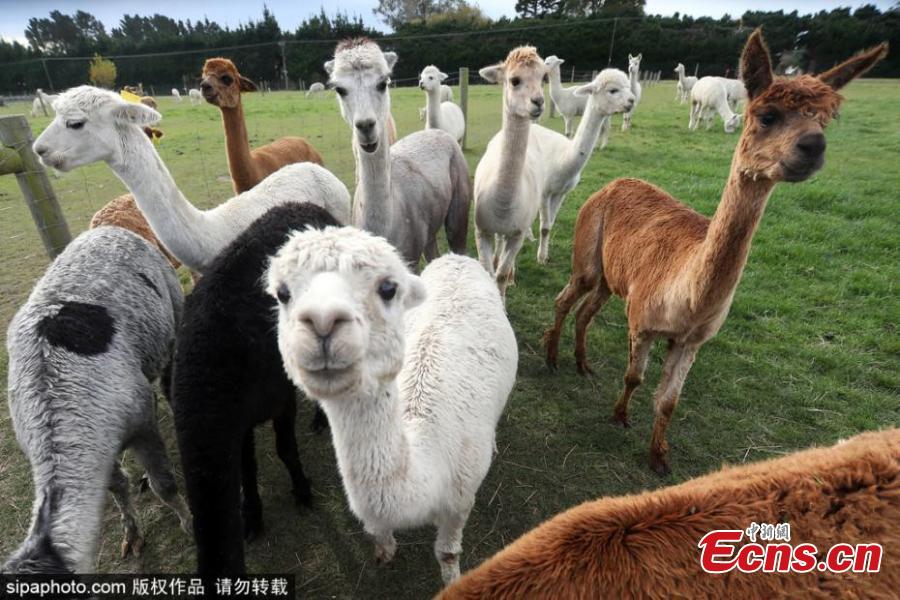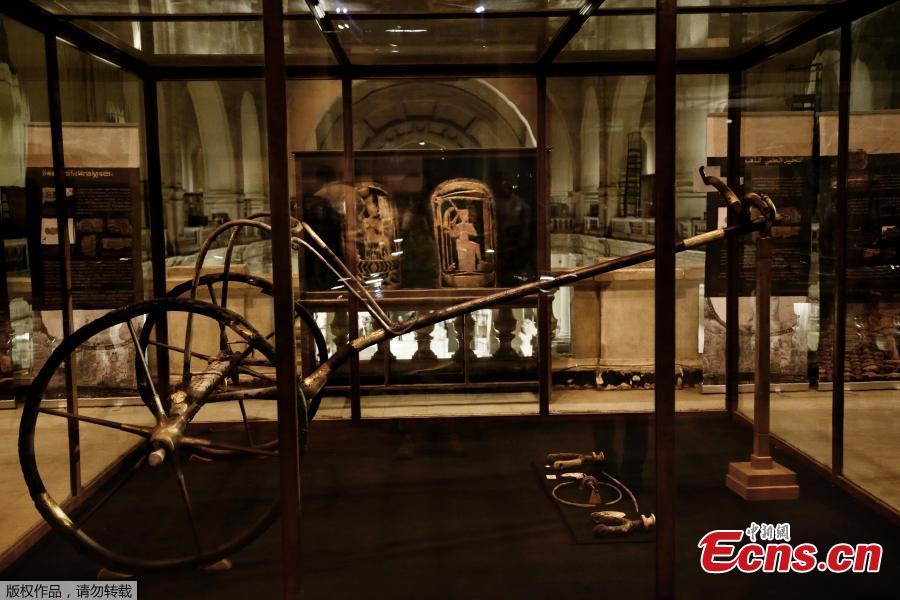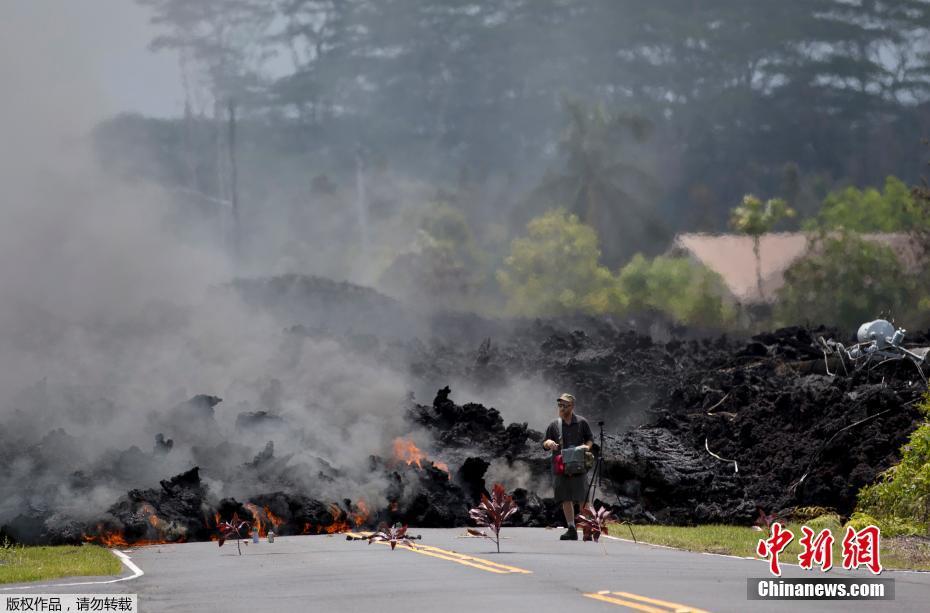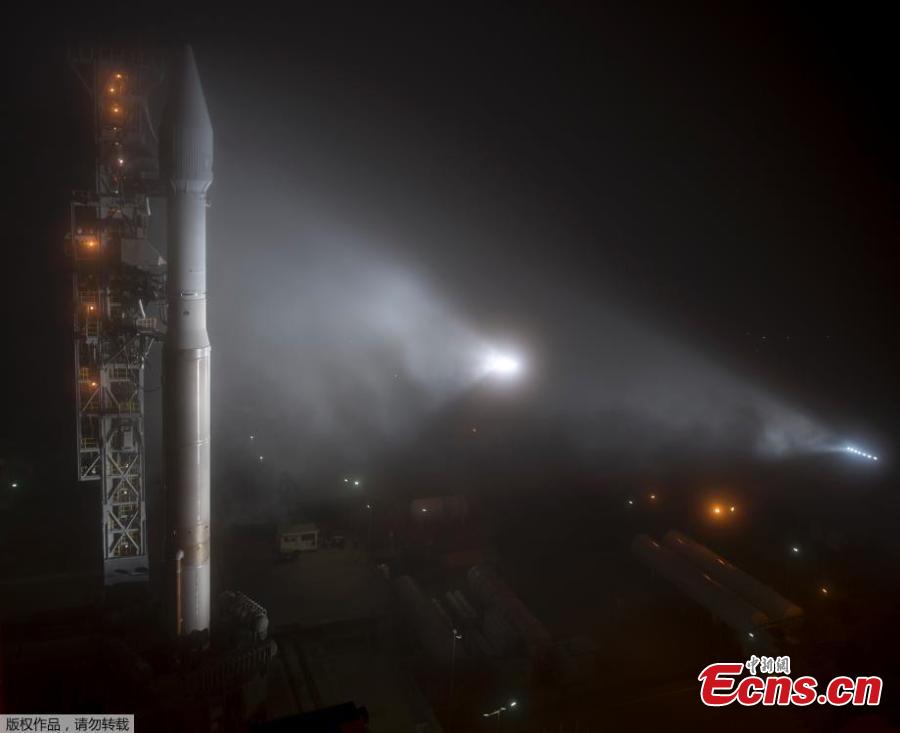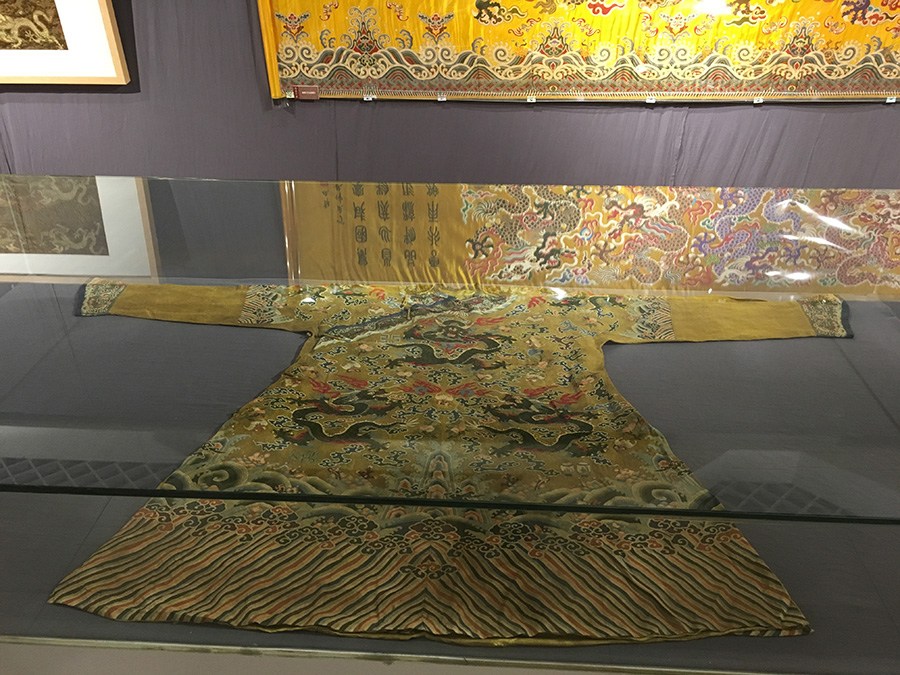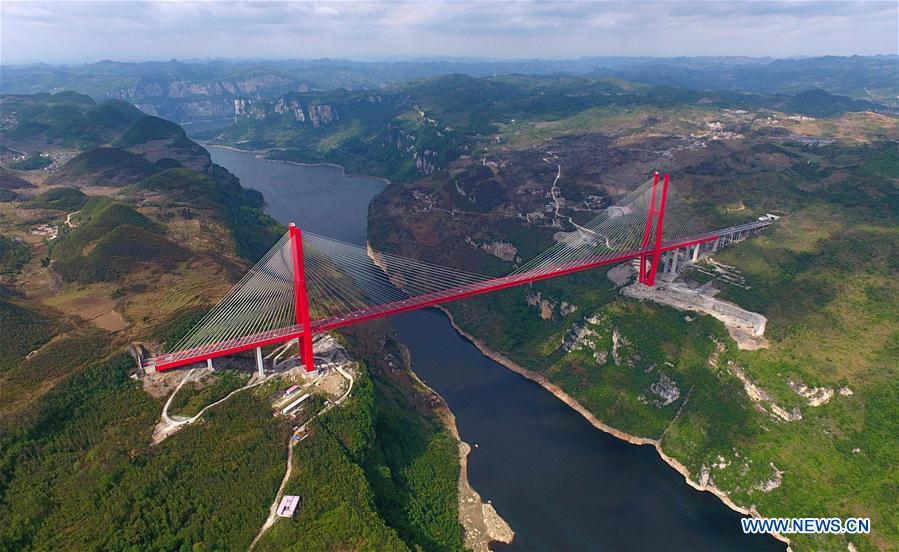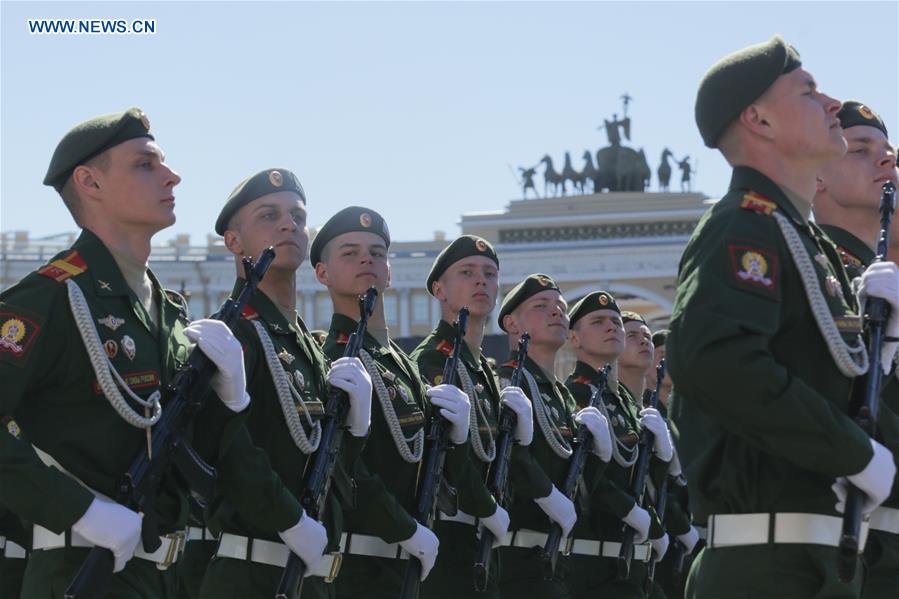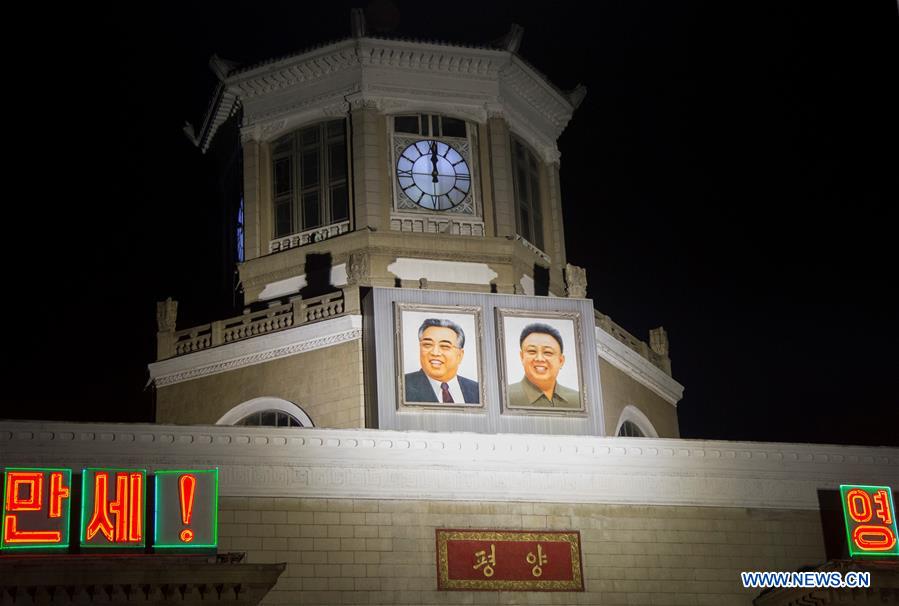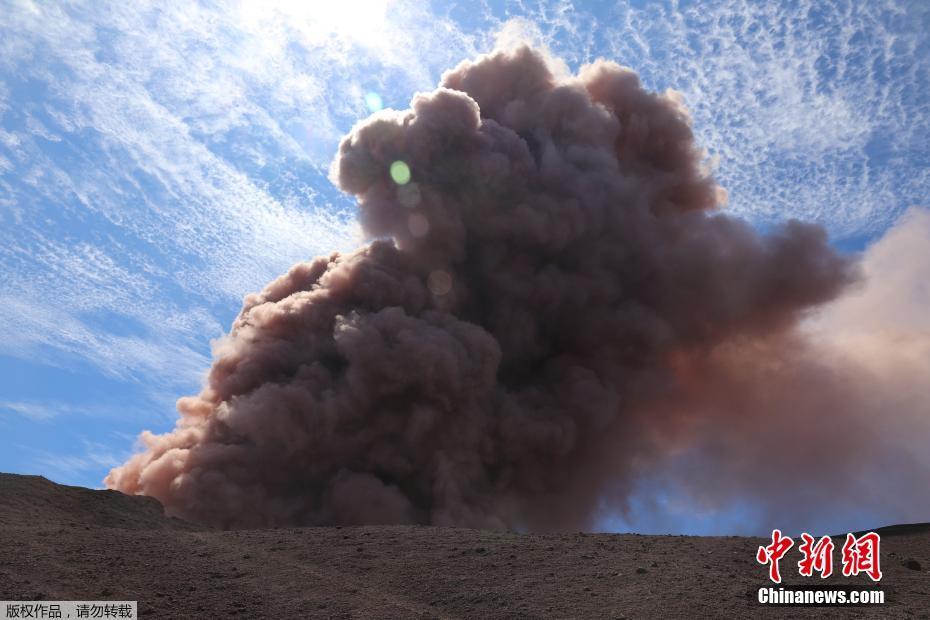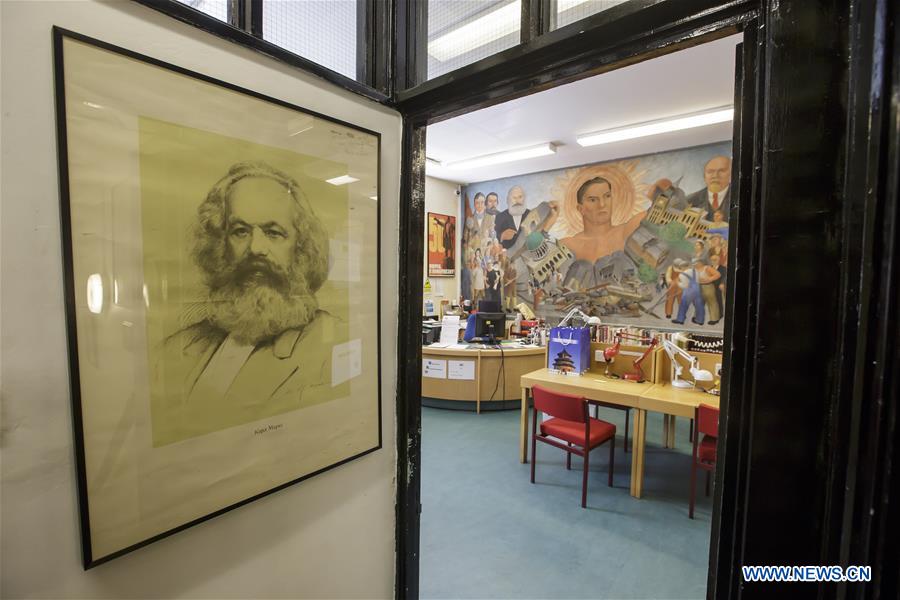Chinese President Xi Jinping's ongoing visit to the Mideast marks a milestone in building a "community of common destiny" between China and the Arab world. [Special coverage]
The two civilizations covered themselves in glory in ancient times and are now on a path of modernization, sharing similar problems as well a common destiny that they can become mutually prosperous through deeper cooperation.
The history of China-Arab relations dates back to more than two thousand years ago.
Situated in the center of Eurasia, Arabs acted as intermediary agents between China and Europe on the ancient Silk Road. Through this conduit, Westerners learned about diverse cultures very different from their own.
But in modern history, both Chinese and Arabs suffered Western colonial aggression, and later achieved hard-won independence -- shared experience lending strength to their bilateral ties.
There is now nobody in China or the Arab world that does not want to see a revival of their former glory after a long period of decline. China is aiming for a "great rejuvenation," and the Arab world also longs for better economy, society and more global influence.
Therefore, development is the top priority of both China and the Arab world, and fortunately the two sides have many complementary characteristics. China has funds and technology to build infrastructure, and Arab countries have energy resources, a big market and industries that need to be upgraded and diversified.
Development will strengthen China-Arab relations in all respects and achieve a win-win deal for the two sides. With this as the top priority, the two civilizations can go far.
Xi has stressed that the world is a community of shared destiny and that no country can address global issues on its own. In terms of their shared challenges China and the Arab world face terrorist threats.
In its Arab Policy Paper issued before Xi's tour, China said it is ready to strengthen anti-terrorist cooperation with Arab states, including policy dialogue, information exchange and personnel training.
Other common challenges for the two sides include climate change and non-traditional security threats such as pirates.
Addressing these challenges requires closer ties between China and the Arab states, and the community of common destiny can help promote new ideas for the two sides to advance cooperation.














